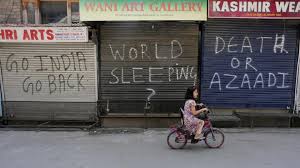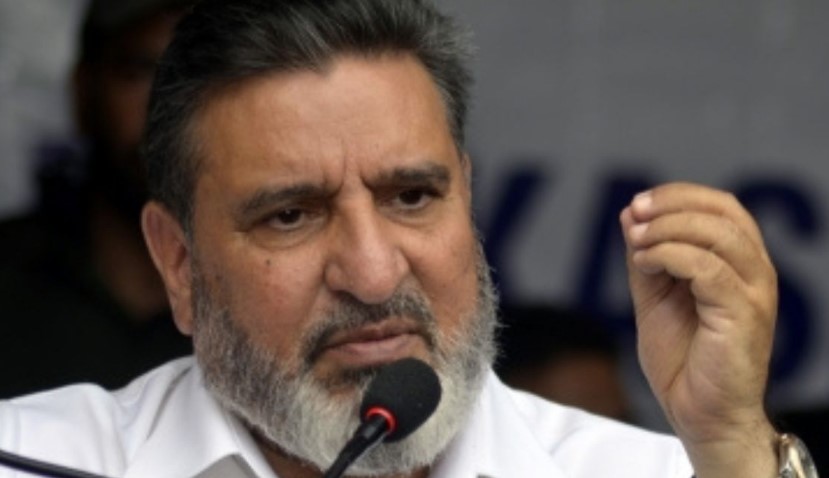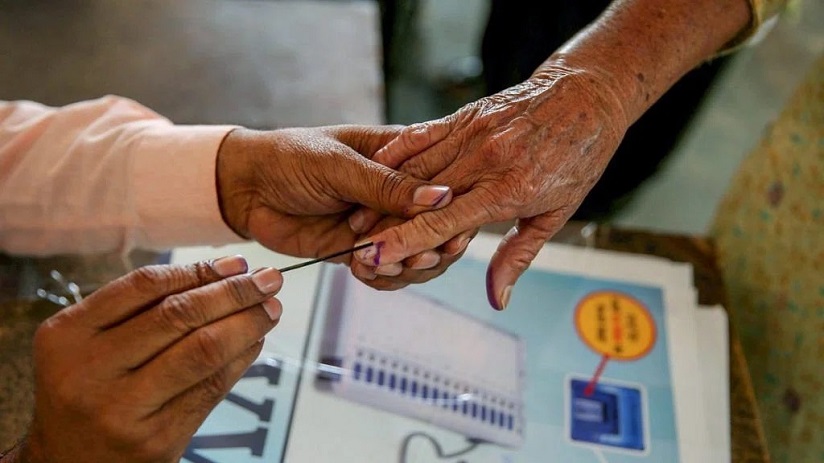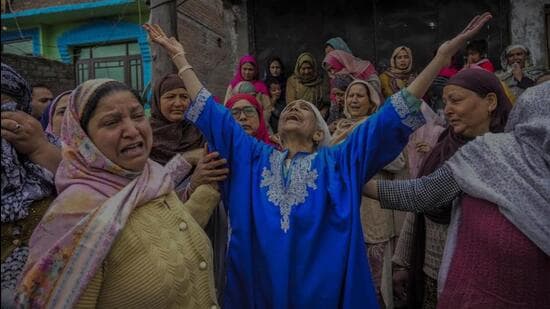The Supreme Court today agreed to hear after Diwali pleas challenging Article 35A, relating to special rights and privileges of permanent residents of J&K.
A bench headed by Justice J S Khehar accepted the plea of the J&K Government that the pleas challenging Article 35A be heard after Diwali.
Senior advocate Rakesh Dwivedi and advocate Shoeb Alam mentioned the matter before a bench also comprising Justices Dipak Misra and DY Chandrachud that even the Centre had no objection if the pleas were taken up after Diwali.
“All the pleas will be taken up for hearing after Diwali,” the bench said.
Earlier the apex court had favoured hearing of the matter by a five-judge Constitution bench in case the Article is ultra vires of the Constitution or if there is any procedural lapse.
The court had said that a three-judge bench would hear the matter and refer it to a five-judge bench if necessary.
The apex court was hearing a plea filed by Charu Wali Khanna challenging Article 35A of the Constitution and Section 6 of the J&K Constitution which deal with the “permanent residents” of the state.
The plea has challenged certain provisions of the Constitution which deny property right to a woman who marries a person from outside the state. The provision, which makes such women from the state lose rights over property, also applies to her son.
Article 35A, which was added to the Constitution by a Presidential Order in 1954, accords special rights and privileges to the citizens of the J&K.
It also empowers the state’s legislature to frame any law without attracting a challenge on the grounds of violating the Right to Equality of people from other states or any other right under the Indian Constitution.
“Section 6 of the J&K Constitution restricts the basic right of women to marry a man of their choice by not giving the heirs any right to property if the woman marries a man not holding the Permanent Resident Certificate.
While the J&K’s non-permanent residents can vote in the Lok Sabha elections, they are barred from voting in local elections in the state.
Supreme Court to hear pleas against Article 35A after Diwali






